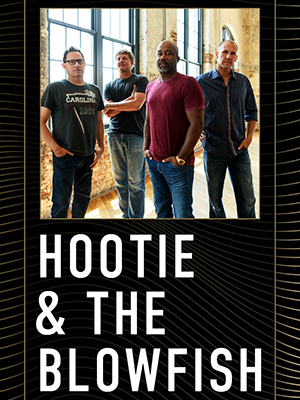“Tears in Heaven” still resonates 27 years later
By mbrooks on April 9, 2019
Would you know my name
If I saw you in heaven?
These are the opening lines of a pop vocal song by Eric Clapton as an expression of his grief over the loss of his then four-year old son. Released in 1992, the song has become an mournful ballad for those suffering through the loss of a child.
On March 20, 1990, Clapton’s son died as a result of falling out of apartment building window in New York City.
In grief, Clapton and Will Jennings wrote “Tears in Heaven” for the 1991 film Rush.
After a separation, can the connection be had once again? Would children separated at a young age remember their parents? This is the soul-searching question asked throughout the song.
Would you hold my hand
If I saw you in heaven?
For the songwriter, there is a sense of hope that eventually there will be a reunion of the parent and the child. In the agony of a sudden separation, the song fearfully asks if there will be emptiness in the hoped-for heavenly reunion. The song explores the hurt that would result from a heavenly reunion where unfamiliarity takes the place of a family bond.
Early in the song, there is an acknowledgement that, despite the loss, the ones who grieve must find a way to abide the pain and somehow persevere in life.
I must be strong and carry on
The song balances two conflicting ideas, in a sense representing the internal conflict of those who suffer can volley from hope to despair. One conflict is the sad resignation that the joyful reunion is not to be because the one who is left behind feels unworthy to join the loved one in heaven.
‘Cause I know I don’t belong here in heaven
The second conflict portrayed in the song is the concern that there is peace in future. The singer, left alone to fill the hole of an emptiness, answers his own question and finds comfort in certainty about the unknown.
Beyond the door there’s peace I’m sure
And I know there’ll be no more tears in heaven
Clapton repeats lines the portray feelings of inadequacy and despair because, ultimately, the song refuses to give a “happy ending” because there grief does not end suddenly. In the process of working through grief, the constant companion is time.
Time can bring you down, time can bend your knees
Time can break your heart, have you begging please, begging please
In 2004, Clapton told the Associated Press that he had removed “Tears in Heaven” from his concert repertoire because he “didn’t feel the loss anymore, which is so much a part of performing those songs.”
In 2007, Clapton told ABC News that he used music as “a healing agent” and that, in time, he found “a great deal of happiness and a great deal of healing from music.”







